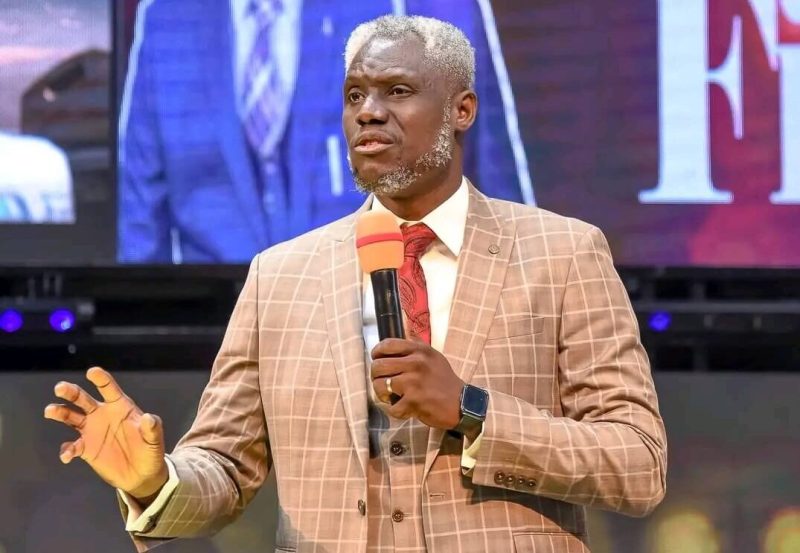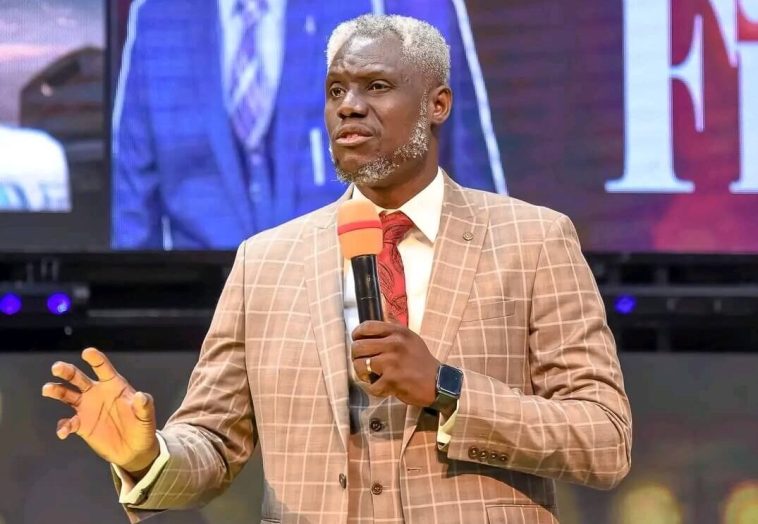In a recent and stirring address, renowned Evangelist Kesiena Esiri has taken a firm stand against the inclusion of Amapiano music in church services. Widely recognized as a pastor, instructor, and writer, Reverend Esiri has a substantial following and influence within the Christian community.

Born on April 16, he currently serves as the point man and resident pastor of The Remnant Christian Network in Delta State, where he is celebrated for his wisdom, deep spiritual insights, and unwavering commitment to upholding Christian values.
Reverend Esiri’s comments have ignited a significant conversation among believers and the wider public. He expressed his concerns over the popular South African music genre, Amapiano, which has seen a meteoric rise in popularity for its catchy beats and energetic rhythms. According to Pastor Esiri, while Amapiano may be enjoyed in secular settings, its inclusion in church services undermines the sanctity and reverence that should characterize worship.
“Amapiano music, with its secular origins and connotations, does not align with the spiritual atmosphere we strive to maintain in our worship services,” Reverend Esiri stated during his sermon. “Our music should reflect the holiness and reverence due to God, and I urge all Christians to consider this when choosing what music to bring into the house of the Lord.”
Reverend Esiri’s perspective comes from a place of deep spiritual conviction. Known for his burden for maintaining the purity of worship, he emphasized that the church should be a sanctuary set apart from worldly influences. His teachings often stress the importance of distinguishing between secular entertainment and sacred worship, guiding his congregation towards practices that honor God.
The Remnant Christian Network, under his leadership, has grown into a beacon of spiritual enlightenment and discipline. His sermons and writings have reached countless individuals, urging them to pursue a deeper, more authentic relationship with God. Esiri’s recent stance on Amapiano in church services is consistent with his broader ministry goals, which prioritize holiness, reverence, and the transformative power of true worship.
The debate sparked by Reverend Esiri’s comments reflects broader questions within the Christian community about the role and influence of contemporary culture in religious settings. While some argue for a more inclusive approach that embraces diverse musical expressions, others, like Esiri, advocate for maintaining traditional boundaries to preserve the sanctity of worship.
As this discussion continues, Reverend Esiri’s influence ensures that his perspective will be a significant part of the ongoing dialogue about worship practices in modern churches. His call to reconsider the use of Amapiano in church services is a reminder of the continuous balancing act between contemporary relevance and spiritual integrity in the practice of faith.
Discover more from ULIZA LINKS NEWS
Subscribe to get the latest posts sent to your email.



